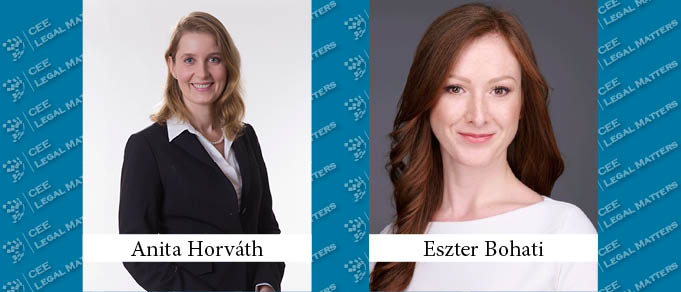In recent weeks, the question of how to pay wages in euros has been raised more and more frequently. Can employees ask their employers to stop paying their monthly wages in forints and start paying them in euros? Considering the increasing importance of the issue, in the followings we are assessing whether Hungarian labour law allows for the possibility of setting and paying wages in foreign currency.
At first glance, it may seem that the Labour Code gives a clear and categorical answer: this is only possible in exceptional cases, as the general rule is that wages in Hungary must be set and paid in HUF. Deviation from this rule is only possible if expressly permitted by law, or in the event of work abroad. The latter is the case, for example, when the employee is on a foreign assignment. It is also important to note that the obligation to set and pay wages in HUF applies to all wage elements, i.e. both the basic wage and other wage elements (e.g. wage supplement, performance based wage), and is independent of the legal title of the wage.
However, according to the general rule of the Labour Code, the employment contract may derogate from certain provisions of the Labour Code at the will of the parties, provided that this is done for the benefit of the employee. The question may therefore arise as to whether, if a derogation from the rule on the determination of remuneration were to be in favour of the employee, this would at the same time allow such a derogation in the employment contract. This question is also clearly answered by the Labour Code, since, according to the interpretative provisions, no valid derogation from the above rule is possible either in the employment contract or in the collective agreement.
As mentioned above, this applies to both the setting and the payment of wages, meaning that in employment contracts wages cannot be set in foreign currency even if the employer would actually pay them in HUF, and vice versa. The prohibition also applies if the wages are fixed in forints by reference to a foreign currency, with the result that the wages would be paid in forints at a predetermined conversion rate.
According to the relevant judicial practice, in an employment contract only agreements where the parties link the rate of increase of the remuneration fixed in forints to the change in the exchange rate of a foreign currency may be valid. Such agreements do not contravene the prohibition on fixing wages in foreign currency. However, this would essentially mean that the employment contract would be subject to frequent amendments. Therefore, a more appropriate solution would be for the employer to, , pay the difference resulting from fluctuations in the euro exchange rate to the employee at specified time periods (e.g. every 3-4 months), even under a different, but appropriate legal title.
In addition to the cases mentioned above, the fixing of wages in euro is only possible in the employment contracts of executive employees. Please note, however, that a recent decision and interpretation of the law by the Hungarian Court of Appeal (Kúria) renders this statement, which at first sight seems easy to support, open to challenge.
By Anita Horvath, Partner, and Eszter Bohati, Associate, Dentons



